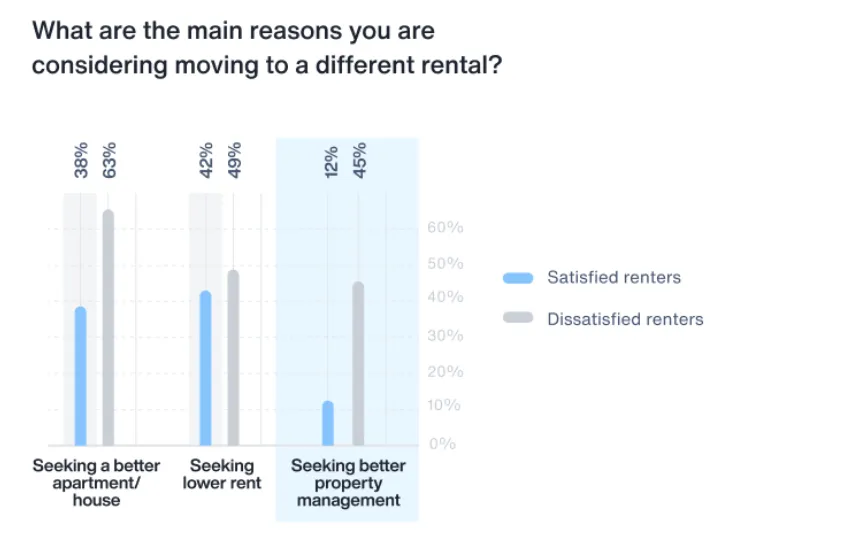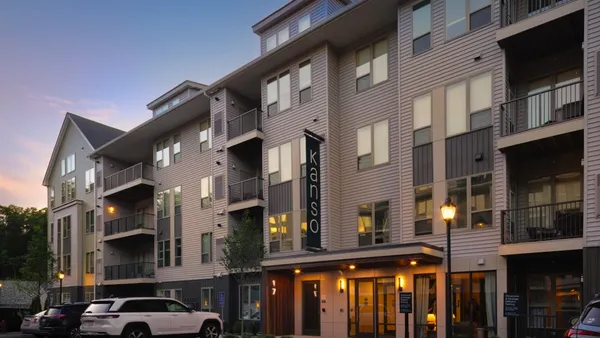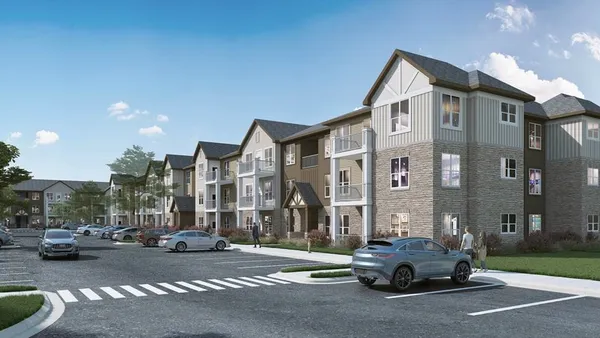When Utah-based Ethan Peck and his partner selected their last apartment, the property management company there requested a 25% “lease initiation fee.” According to the rental company, the fee covered the costs to remove the listing and proceed with the application. Once rented, the agreement stated, the fee would convert to a portion of the tenant’s security deposit. Even though Peck and his partner became tenants, the management company kept the fee.
In the end, despite multiple efforts to connect with and discuss this action by the rental company, Peck was out $474.

“For us, fortunately, that wasn’t a make-or-break situation,” Peck told Multifamily Dive. “But the tactics [seemed] predatory.”
Transparency in all levels of communication is essential to holding onto renters, according to J. Turner Batdorf, senior strategist at Houston-based J Turner Research.
“When we look at our research, only a fraction of tenants want less communications from their landlords,” Turner explained. “Most want overcommunication. If you’re struggling with this, it can be a death sentence.”
Case in point: Peck and his partner are now living elsewhere; in a home they purchased just three miles down the road.

Communication is just one measure of a good relationship between tenants and their property managers. A recent survey from proptech firm Appfolio focused on how the latter can better meet residents’ expectations. Here are some of the survey’s top takeaways for apartment owners and managers:
Think generational. The Appfolio report found that older renters are generally more satisfied than the youngest apartment dwellers. While 75% of Baby Boomer tenants said they are happy with their management company, just over half of Gen Z renters say they are satisfied. As generations shift, it’s important to keep an eye on differing preferences when it comes to meeting expectations.
Batdorf sees this as the “Amazon effect” on younger generations. “They have high expectations surrounding communications and delivery of promised services,” he said. “Their benchmark is higher than previous generations and you need to meet them there.”
Overcommunicate. A good communications strategy must permeate every level of management, from maintenance, to rent hikes, to changes in amenities. To get the word out, use every tool available.
“It’s easy to assume everyone is reading emails, but also use text messaging, flyers and newsletters to inform your community,” said Batdorf.
Stacy Brown, director of technical training at Waco, Texas-based management firm Real Property Management, said that her firm’s multi-modal approach includes all the above, coupled with surveys after each work order is completed to garner tenant comments. It’s a two-way street of communications that allows tenants to feel heard.
Go high tech. Clear communications mean robust technology is a must. In the Appfolio survey, renters let it be known that technology is a major driver of overall satisfaction. Those who intend to stay in their current apartment in the next 12 months reported a dissatisfaction level of only 22% when it comes to tech, while 49% of tenants dissatisfied with technology plan to leave in the coming year.
“Technology generally makes the lives of tenants easier,” said Jamie Allen, vice president of property management at The Garrett Cos., which begins its customer relationship via an app. “We try to meet people where they are. Online is preferred, but for those who still need in person, we have a full leasing staff available.”
Focus on maintenance. According to Appfolio, maintenance is key in satisfying renters, and for the most part, property managers understand that. A full 82% reported satisfaction with how quickly managers completed maintenance requests. Unsurprisingly, communication proved essential here, too. Satisfied renters reported good visibility into how maintenance requests are progressing.
“The completion of the work order is more important than the timeliness,” said Batdorf, “but frustration rises when the management company isn’t communicating timelines. Keep your tenants informed.”










